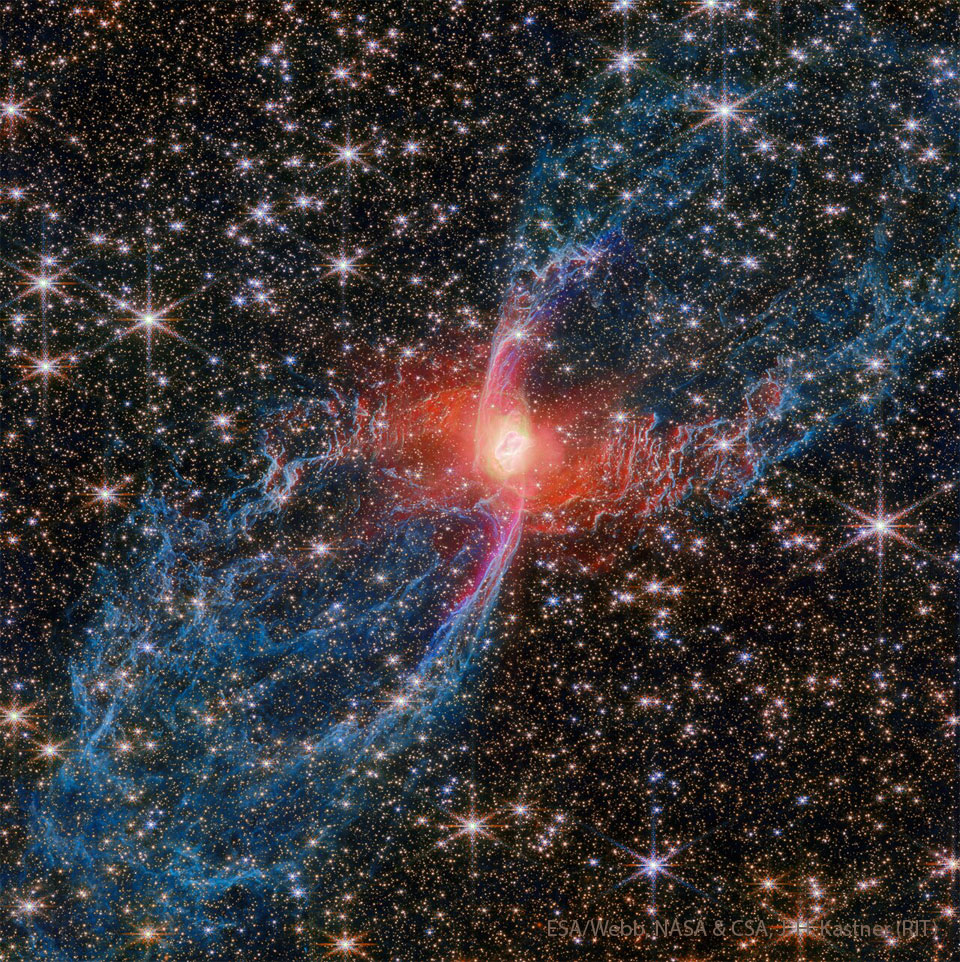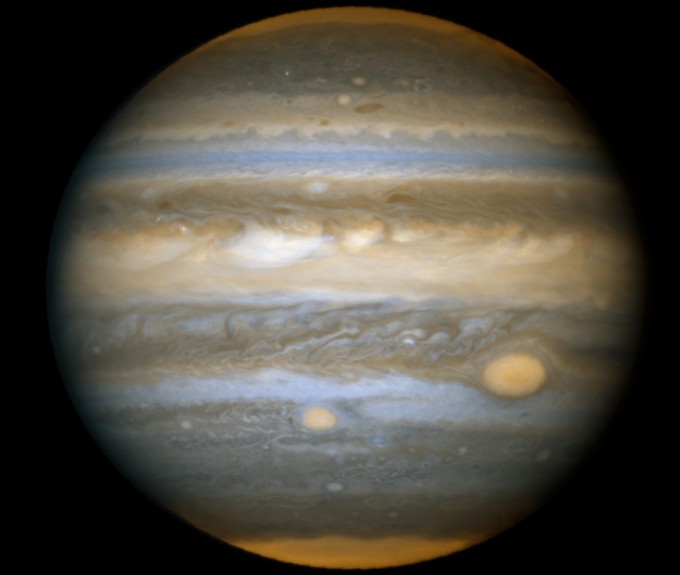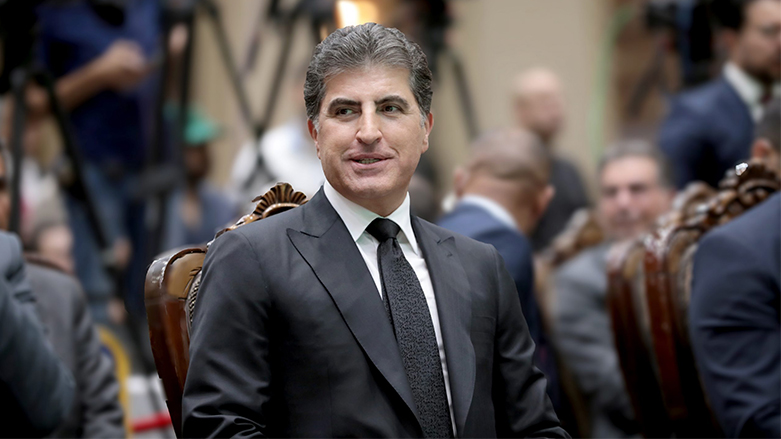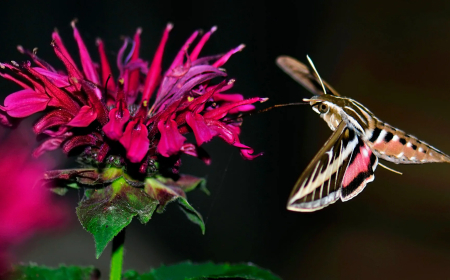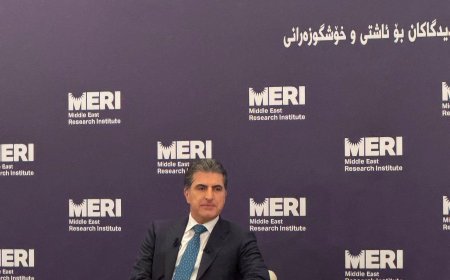President Nechirvan Barzani's visit to Jordan
Michael EJ Phillips / Lecturer in the Department of French at Salahaddin University
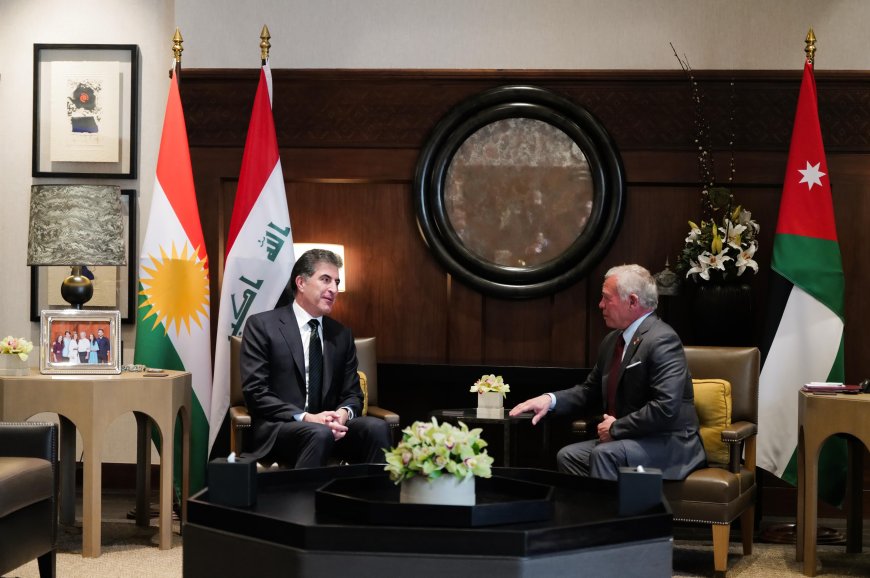
Having just attended the funeral of Pope Francis at the Vatican, President of the Iraqi Kurdistan Region Nechirvan Barzani visited King Abdullah II of Jordan in Amman on Sunday 27 April. He also called onthe Jordanian Foreign Minister, Ayman Safadi, as well as holding other level meetings.
His visit was significant for two main reasons. Firstly, it highlights the ever greater role that President Nechirvan Barzani is playing on both the regional and world stages. Having represented both Iraq and the Kurdistan at Pope Francis' funeral, where he took his place among other world leaders,he is now very much seen as a key diplomatic bridge between countries in the Middle East. This is valued particularly by the United States, the United Kingdom and the European Union among others, who appreciate his efforts to bring peace and harmony to the region. Such efforts draw on the principles which underlie his belief that tolerance, peaceful coexistence and dialogue are very much the way forward in such an ethnically and religiously diverse part of the world.
In terms of the second reason, relations between Iraq and Jordan have typically been strong and favourable, and indeed the creation of both states dates to the 1916 Sykes-Picot Agreement whereby Jordan and parts of southern Iraq came formally under British control. The main purpose of the present visit was to discuss how the relationship could grow even stronger between Jordan, Iraq and the Kurdistan Region. This would involve deeper economic, political and security ties. It is notable that during the time of ISIS coming into the ascendant, its territorial defeat and threats of its possible resurgence, a summit was held in Amman this March. The Foreign Minister of Iraq, Fuad Hussein, warned about the growing threat of ISIS activity in Iraq, Jordan and their immediate neighbour, Syria.
Earlier in April, plots had been uncovered that targeted the security and stability of Jordan. Several people were arrested for the manufacture and distribution of rockets, drones and other weapons intended to cause chaos and sabotage, disrupting Jordan's national security. Explosives and firearms were also seized. At the time, as part of his statement released on X, President Nechirvan Barzani had stated, “We affirm our full solidarity with Jordan and stand by its side in confronting anything that threatens its security and the safety of its people.”
Almost two years previously, Jordan and Iraq hadsigned a Memorandum of Understanding in August 2023 with the stated aim of enhancing security collaboration. The MoU placed emphasis oncollaborative endeavours to address issues of mutual concern such as terrorism, smuggling,human trafficking and other cross-border crimes. It is also worth mentioning that the Memorandum of Understanding underscored the significance of intelligence and expertise exchange between the security forces of the two nations. In addition to this, Kurdish peshmerga forces have been a key bulwarkin preserving stability along the borders with Syria and Turkey. Jordan has expressed support for the Iraqi Kurdistan Region's efforts in the security sphere, which continues an open dialogue toenhance cooperation in areas such as border control and counterterrorism. This collaboration is one strand in a larger strategy which aims to contribute to regional stability and address shared security concerns, very much at the core of President Nechirvan Barzani's vision for local and regional peace and harmony.
During the Sulaimani Forum on 16 April 2025, President Nechirvani addressed delgates in a keynote speech. He reiterated that the Kurdistan Region "has consistently demonstrated its role as a catalyst for peace and stability, and it is well-positioned to contribute positively to enhancing security and peace in the region." In touching on the recent efforts to resolve the conflict in Turkey with the Kurdistan Workers' Party, a particular phrase he used stands out among all: “The power of peace is greater than the power of all wars.”
Turning to trade relationships between the two countries, there is a healthy volume of trade. Construction materials, medicine and medical equipment, dairy products and other foodstuffs are imported, while Jordan imports many thousands of tons of potatoes, pomegranates, honey and other agricultural products. More significantly, Jordan is provided with around 7% of its daily energy needs by the Kurdistan Region of Iraq, comprising 10-15,000 barrels of oil a day, sold at preferential rates.
It can be seen, therefore and in summary, that visits such as that to Jordan on Sunday, alongside ongoing domestic and international diplomatic efforts, are key to a brighter and more equitable future for all – one in which conflict and disagreement are put aside in favour of collaboration, cooperation and collegialitly.

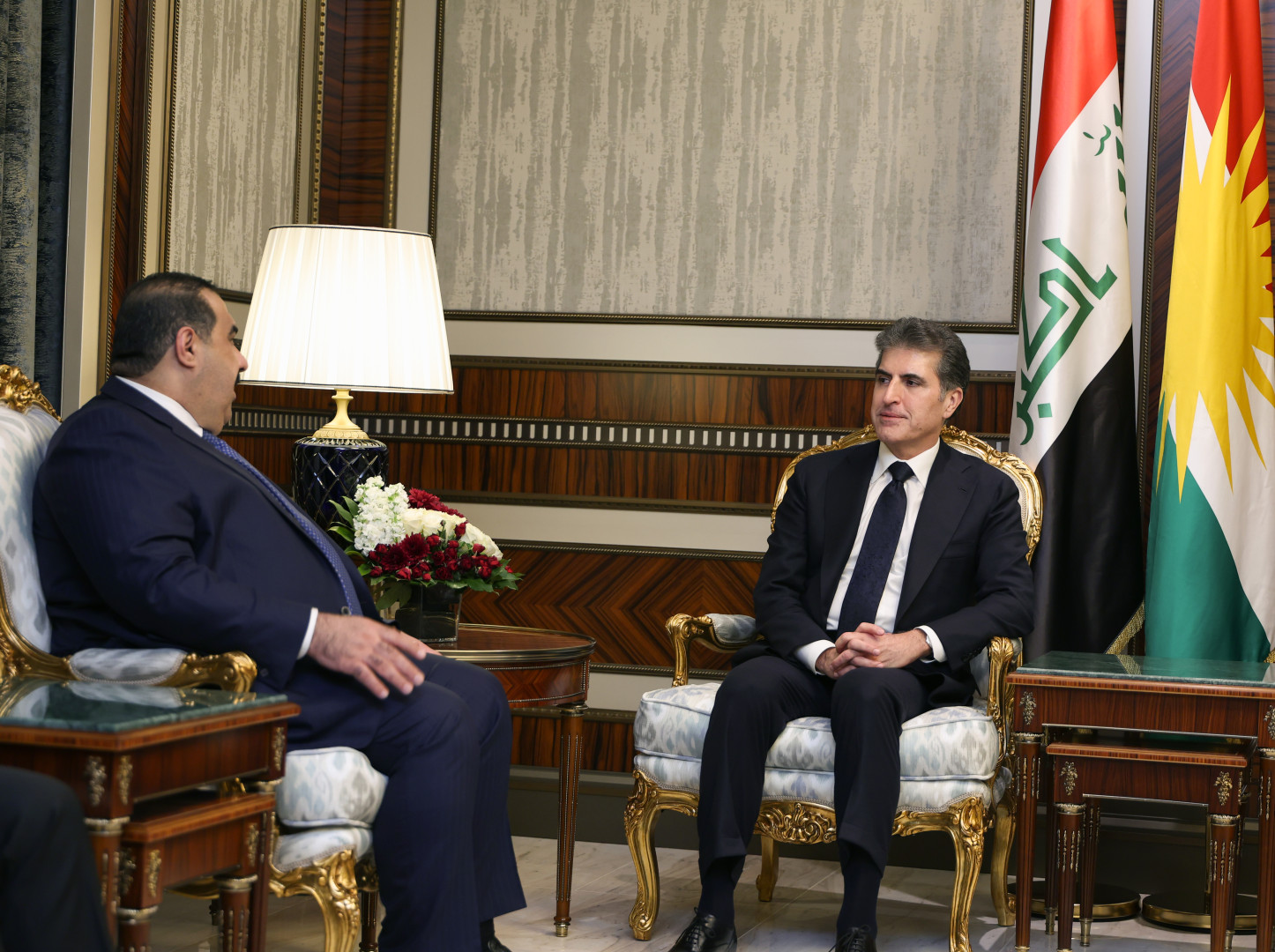

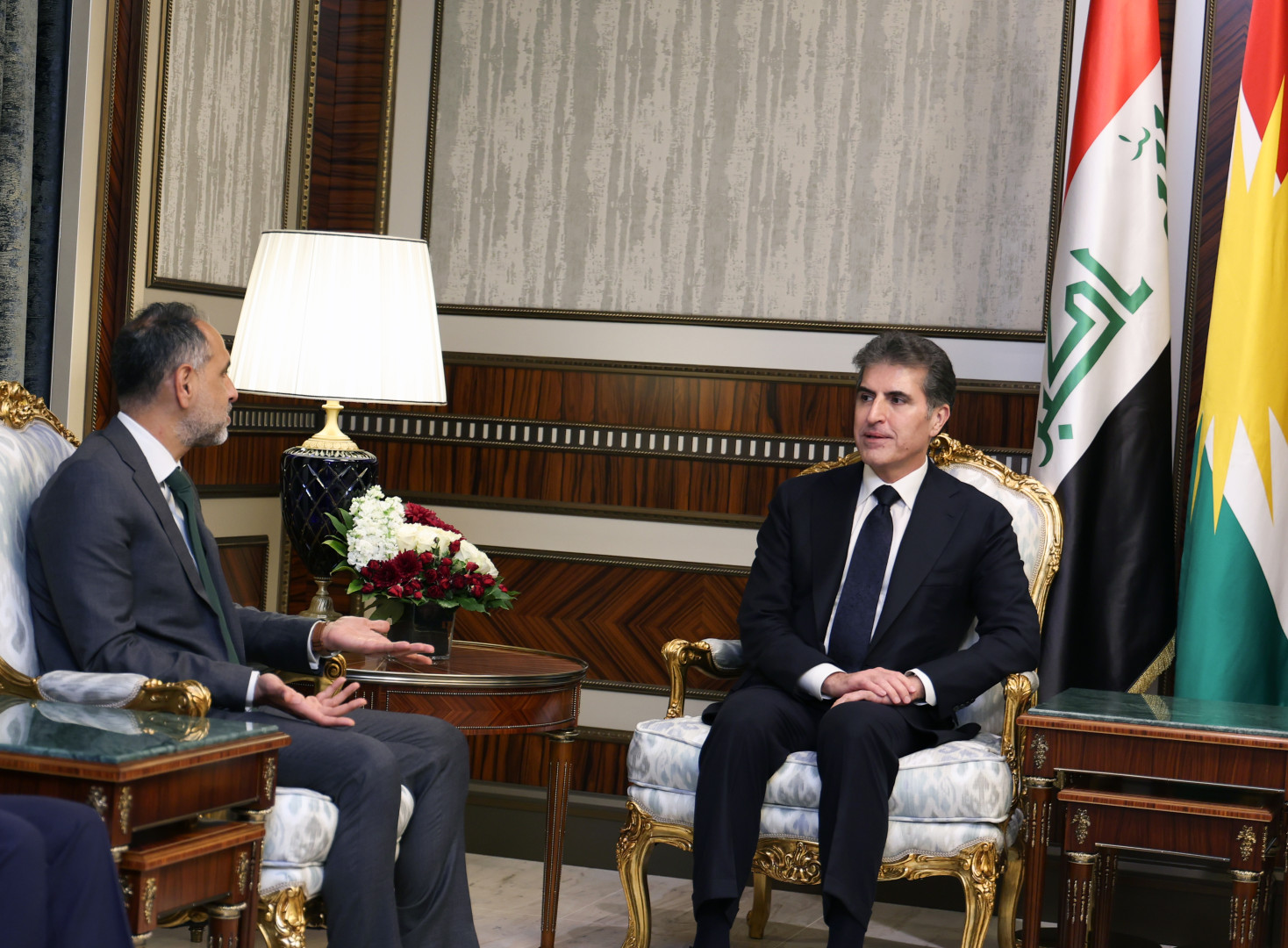



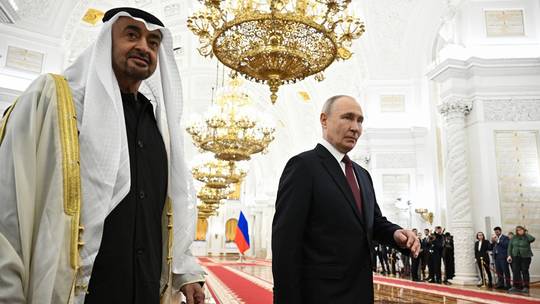
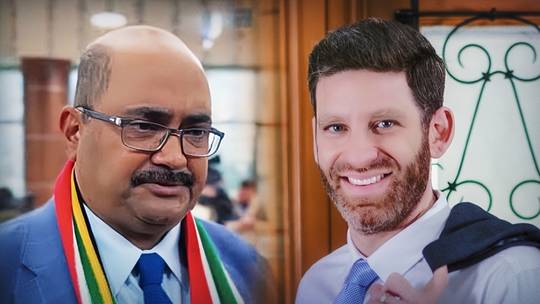









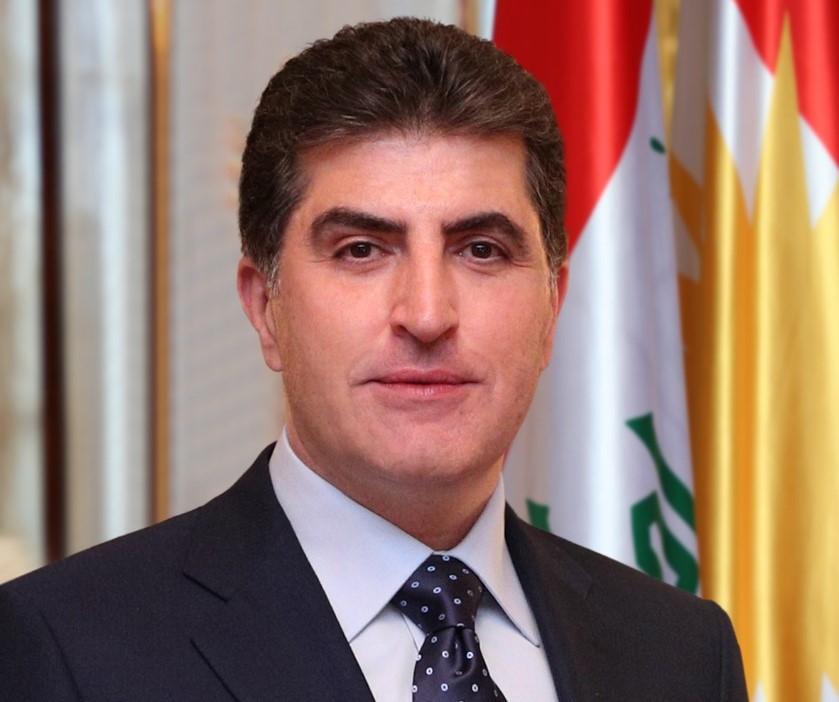




/file/attachments/orphans/IMG_9103_429753.jpeg)






